In collaboration with the Germans Trias i Pujol Research Institute and the Germans Trias i Pujol University Hospital, we have developed RUTI®, a poly-antigenic vaccine aimed at the treatment of active, multidrug-resistant and latent tuberculosis, and which is also under study for other indications.
Since its foundation, in 2005, Archivel Farma has been committed in fighting tuberculosis (TB), an infectious disease that causes ill-health for about 10 million people each year and that killed more than 1.6 million people in 2021.
We are developing RUTI® as adjunctive therapy to antibiotic treatment that will help to reduce the time of medication and the relapse rates by increasing efficacy of chemotherapy treatment.
Fighting TB
Tuberculosis (TB) is an infectious bacterial disease caused by Mycobacterium tuberculosis, which most commonly affects the lungs. It is transmitted from person to person via droplets from throat and lungs of people with the active respiratory disease.
In healthy people, infection with Mycobacterium tuberculosis often causes no symptoms, since the person’s immune system acts to “wall off” the bacteria. The symptoms of active TB of the lung are coughing, sometimes with sputum or blood, chest pains, weakness, weight loss, fever and night sweats. TB is treatable with a six-months course of antibiotics.
Tuberculosis remains a major global health problem.
TB is the greatest killer worldwide due to a single infectious agent.
Today
273,970
people are going to be infected with TB
27,397
people will fall sick
with TB
4,384
people are going
to die from TB
One third of the world’s population is infected with Mycobacterium tuberculosis.
Every year 90 million people are infected and about 10% of infected go onto develop the disease.
TB in the world
More than 10 million new cases and 1.6 million deaths are the negative balance of tuberculosis in the world in 2021.
The top five countries, with 57% of estimated new cases, are India, Indonesia, China, the Philippines and Pakistan. South-East Asia is the most affected region in the world.
The burden of drug-resistant TB (DR-TB) is also estimated to have increased between 2020 and 2021, with 450 000 (95% UI: 399 000–501 000) new cases of rifampicin resistan TB (RR-TB) in 2021. The highest proportions (>50% of previously treated cases with MDR/RR-TB) are found in the Russian Federation and in several countries in Eastern Europe and Central Asia.
Europe had 166.026 new TB cases in 2021. Overall, 32.6% of pulmonary TB patients who were reported as having tested for drug susceptibility had RR/MDR-TB. Prevalence of RR/MDR-TB among new and previously treated bacteriologically confirmed pulmonary TB cases was 22.6% and 53.0% respectively.
All the data in this section comes from WHO TB Report 2022 and Tuberculosis surveillance and monitoring in Europe 2023.
Highlight the major impact of the COVID-19 pandemic on access to TB diagnosis and treatment. Progress made in the years up to 2019 has slowed, stalled or reversed, and global TB targets are off track.
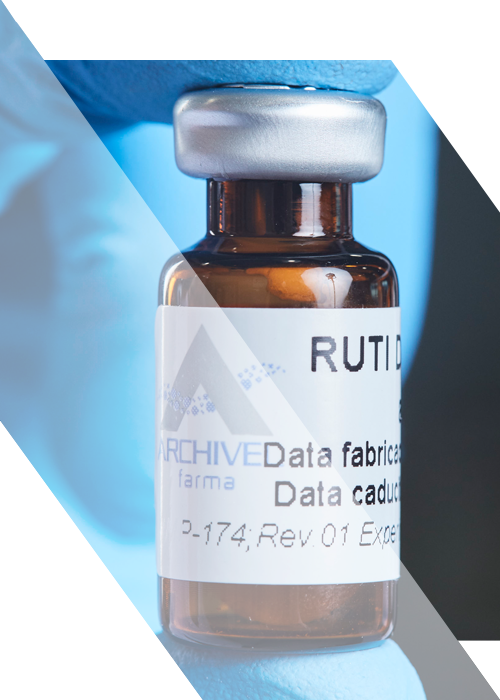
TB Vaccines
From prevention to healing
The scientific community around the world is making an effort to develop new treatments to prevent and cure Mycobacterium tuberculosis infection.
There are 16 vaccine candidates in clinical trials: four in Phase I, eight in Phase II and four in Phase III. They included candidates to prevent TB infection and TB disease, and to help improve the outcomes of treatment for TB disease.
The pipeline includes recombinant BCGs, whole-cell derived vaccines, recombinant viral-vectored platforms, protein and adjuvant combinations, and mycobacterial extracts.
| Phase I | Phase IIa | Phase IIb | Phase III |
|---|---|---|---|
| AdHu5Ag85Ab McMaster, CanSino |
ChAdOx185A-MVA85Ab,i University of Oxford |
BCG revaccination to prevent infectiond,j Gates MRI |
GamTBvace Ministry of Health, Russian Federation |
| TB/FLU-01Lb TB/FLU-04Lb RIBSP |
ID93 + GLA-SE(QTP101)e Quratis U.S. NIH/NIAID |
DAR-901 boosterf,j Dartmouth |
MIP/Immuvacf,i,j ICMR, Cadila Pharmaceuticals |
| BNT164c BioNTech SE |
AEC/BC02e Anhui Zhifei Longcom |
H56: IC31e SSI, Valneva, IAVI |
MTBVACd,h Biofabri, University of Zaragoza, IAVI, TBVI |
| M72/AS01Ee,j GSK, Gates MRI |
VPM1002d,g,i,j SIIPL, VPM |
||
| RUTI®f Archivel Farma, S.L. |
BCG vaccination to prevent infection (TIPI)d HJF |
||
| BCG revaccination in children and adolescents (BRiC)d,i,j ICMR |
(a) Information was self-reported by vaccine sponsors to the Stop TB Partnership Working Group on New TB Vaccines or was identified through clinical trial registries or other public sources of information. (b) Viral Vector. (c) Messenger RNA (mRNA) (d) Mycobacterial – Live. (e) Protein / Adjuvant (f) Mycobacterial – Whole Cell or Extract. (g) Other trials involving VPM1002 include NCT04351685, NCT03152903. (h) Includes infants (aged <12 months). (i) Includes children (aged <10 years). (j) Includes adolescents (aged 10–19 years).
Pipeline
RUTI® vaccine, a single product, multiple indications
| Preclinical | Phase I | Phase II | Phase III* |
| RUTI®, Latent Tuberculosis Infection (LTBI), South Africa | |||
| RUTI®, a tuberculosis vaccine as an adjuvant treatment to shorten standard antibiotic treatment, and prevent relapse (DS-TB and DR-TB), in Ukraine, India and Argentina | |||
| RUTI® as immunotherapeutic agent in the prime-boost strategy in bladder cancer | |||
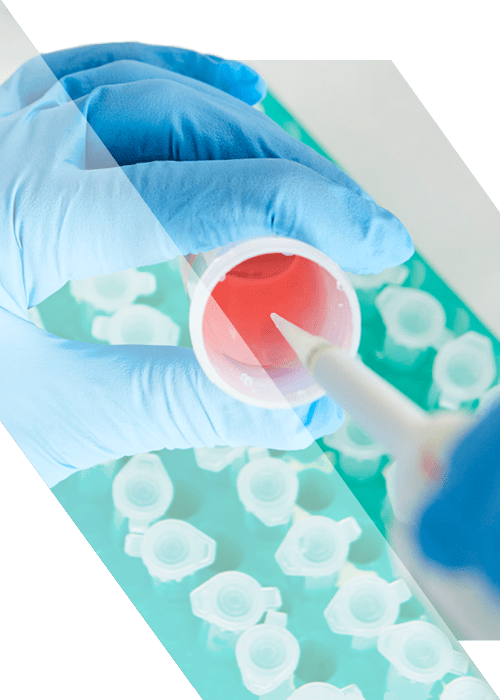
Tuberculosis
RUTI® has been developed as an immunotherapeutic agent to treat tuberculosis (TB), but its ability to activate a wide immune system response against various antigens has thrust Archivel Farma to study its use for other indications, such as an immunotherapy for bladder cancer.
From its inception, RUTI® has been conceived as a therapeutic vaccine that increases the efficacy and shorten the duration of the current long and multiple antibiotic TB treatment. RUTI® is an inactivated vaccine that induces strong polyantigenic immunity, boosting the specific Th1 immune response both against secreted and structural antigens.
RUTI® is a liposome suspension of the drug substance with a charge excipient. The drug substance is based on cell wall nanofragments of Mycobacterium tuberculosis. It contains a wide mixture of antigens obtained by a M. tuberculosis growth under stress conditions.
The vaccine is presented as a dry powder for reconstitution with water for injections. The administration route of RUTI® is subcutaneous and of a single dose. RUTI® has shown a good safety and wide immunological response in the clinical studies phase I and phase II in latent tuberculosis infection patients (LTBI).
The proven ability of RUTI® to activate the immune system and increase the efficacy of chemotherapy offers an innovative answer for the treatment of multidrug-resistant tuberculosis (MDR-TB), whose incidence has grown alarmingly and that registers high mortality rates. Additionally, patients with resistant forms of TB suffer a negative impact on their health due to the use of second line antibiotics which have many undesirable side effects.
Archivel Farma focuses its strategy on the development of RUTI® to treat Drug Susceptible (DS) and Drug Resistance (DR)-TB. The vaccine is in a phase IIb “Proof of concept” in two clinical trials in India (code: RUTIP2- 2019-01; NCT04919239) and Argentina (CONSTAN-ARG; code: NCT05455112).
RUTI® vaccine is an appropriate treatment, in combination with antibiotics, for active TB, MDR-TB and latent TB. It has been designed to reduce the residual bacillary load after a short period of the chemotherapy treatment. Thus, RUTI® administration aims to increase the efficacy of TB antibiotics, reduce the relapse rates and, even more, shorten the duration of the chemotherapy treatment, avoiding unwanted side effects on the patient’s health.
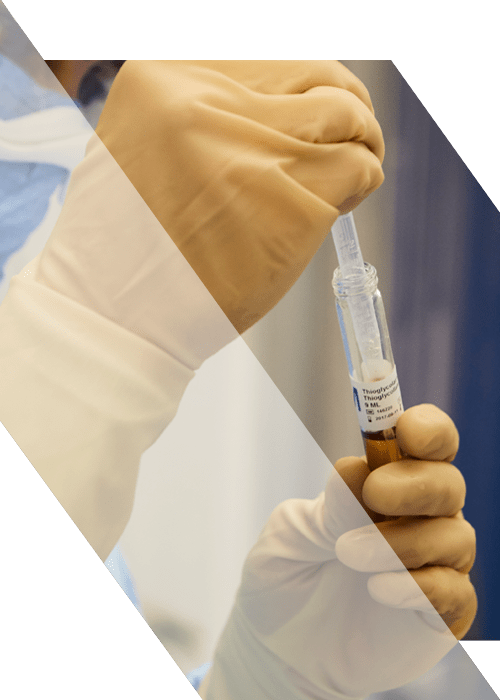
Bladder cancer
In men, bladder cancer ranks as the fifth leading cause of death in developed countries (after prostate, lung, colorectal and stomach cancer). In a European context, Spain ranks high in terms of bladder cancer mortality (2nd) in men. The incidence in our country is the highest in the world and is the fourth most common cancer in men, with 12,000 new cases diagnosed annually.
Bladder cancer begins when cells in the urinary bladder start to grow uncontrollably. As more cancer cells develop, they can form a tumor and spread to other areas of the body. The wall of the bladder has several layers, which are made up of different types of cells.
Most bladder cancers start in the innermost lining of the bladder, which is called the urothelium or transitional epithelium. As the cancer grows into or through the other layers in the bladder wall, it becomes more advanced and can be harder to treat.
Bladder cancers are often described based on how far they have invaded into the wall of the bladder:
- Non-invasive cancers (NMIBC) are still in the inner layer of cells (the transitional epithelium) but have not grown into the deeper layers.
- Invasive cancers (MIBC) have grown into deeper layers of the bladder wall. These cancers are more likely to spread and are harder to treat.
NMIBC represents 70‐80% of all initial bladder cancer diagnoses and represents a heterogeneous group of tumors with varying oncological outcomes according to two important features: recurrence and progression. Tumor recurrence is quite common, occurring in as many as 60% to 90% of patients treated with surgery alone. (Source: American Cancer Society)
Since mid-1980s, BCG (Bacillus Calmette-Guérin) vaccine –usual prophylactic treatment for TB– has been administered as standard of care for the treatment of non-invasive muscle bladder cancer (NMIBC). The treatment consists of six weekly intravesical instillations shortly after resection. BCG stops or delays bladder cancers growing or spreading into the deeper layers of the bladder.
Archivel Farma research states that RUTI® could be introduced in the therapy against bladder cancer as intravesical therapy, replacing the use of BCG (thus, avoiding its secondary effects), and as a prime-booster, stimulating the immune system before standard intravesical BCG therapy and increasing the efficacy of BCG treatment.
A Phase I clinical trial to evaluate the prime-boost effect of RUTI® in individuals with NMIBC treated with intravesical BCG is ongoing.
Manufacturing
The whole manufacturing process of RUTI® is developed and produced in Archivel Farma.
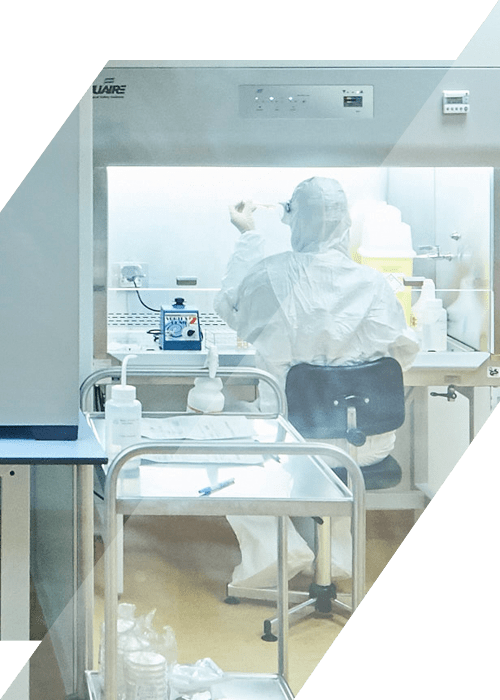
The drug substance is a singular biological process which needs to be carried out in a Biosafety Level 3 facility. Archivel Farma has the capability to maintain the manufacturing of the drug substance in its own plant for the early commercial production.
Nowadays, one batch of drug substance can provide up to 80.000 RUTI® doses. The production of drug substance has been scaled-up to industrial level. Archivel Farma can perform freeze-dried clinical batches up to 2,200 vials each, so it can provide enough RUTI® doses for the Phase III clinical trial.
Scientific Advisor
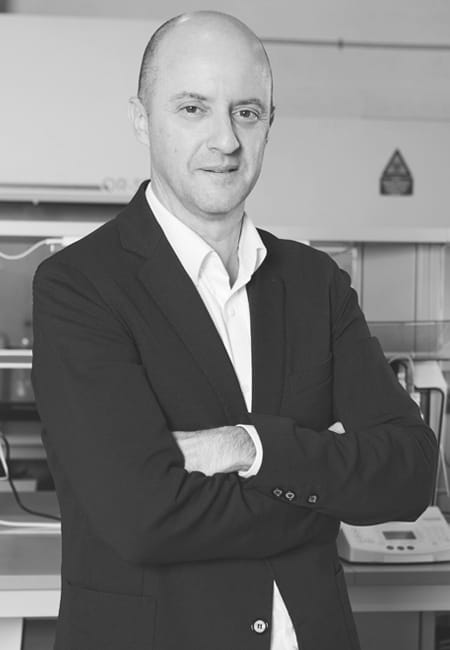
Dr. Pere-Joan Cardona
Institute for Health Science Research Germans Trias i Pujol (IGTP)
Doctor specialized in Clinical Microbiology and MD by the Autonomous University of Barcelona (UAB), he is the chief of the Experimental Tuberculosis Unity of the Germans Trias i Pujol Institute (IGTP).
BIO
He also is associated teacher of the Genetics and Microbiology Department of the UAB from 2001. After his training at the Colorado State University (1995-96), he devoted to the study of tuberculosis in its more immuno-pathological side through “in vitro”, “in vivo” and “in silico” experimental models using human origin tissues.
He has been the Scientific and Medical Director of Archivel Farma during the Phase I and Phase II clinical trials of the RUTI® vaccine.
Reviser of several international specialized magazines, he is editor of the book “Understanding Tuberculosis”; he is author of 5 book chapters and of 70 articles revised by experts (index h=21). He is also Academic Editor of the PLOS One magazine since 2009.
He is author of 7 invention patents, 4 of them referred to the RUTI® vaccine, the first therapeutic vaccine against latent tuberculosis.
Projects
Archivel Farma is part of the international consortium that has been awarded with a H2020 program grant of € 4.5M to develop the project In Silico Trial for Tuberculosis Vaccine Development (2017-2021).
More information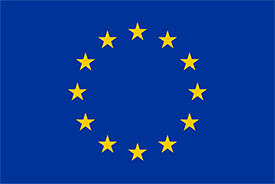
Project funded
by European Union
Collaborations
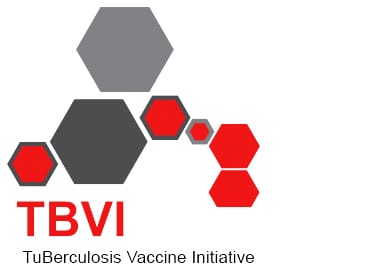

Dr. Pere-Joan Cardona and Dr. Cristina Vilaplana Unitat Tuberculosis Experimental (UTE)
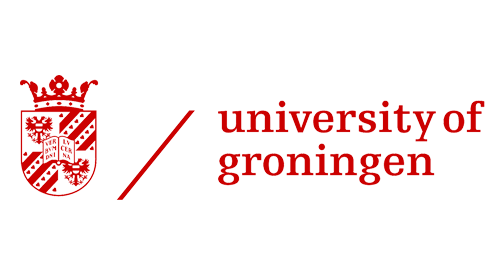
Prof. T. Van der Werf and M. Groeschel
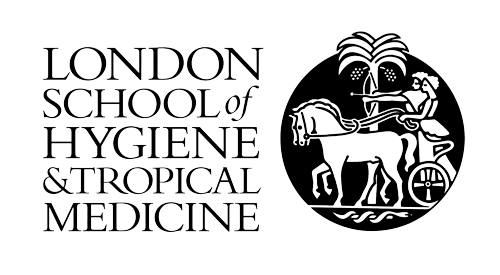
Prof. Helen Fletcher and Satria Prabowo, PhD



